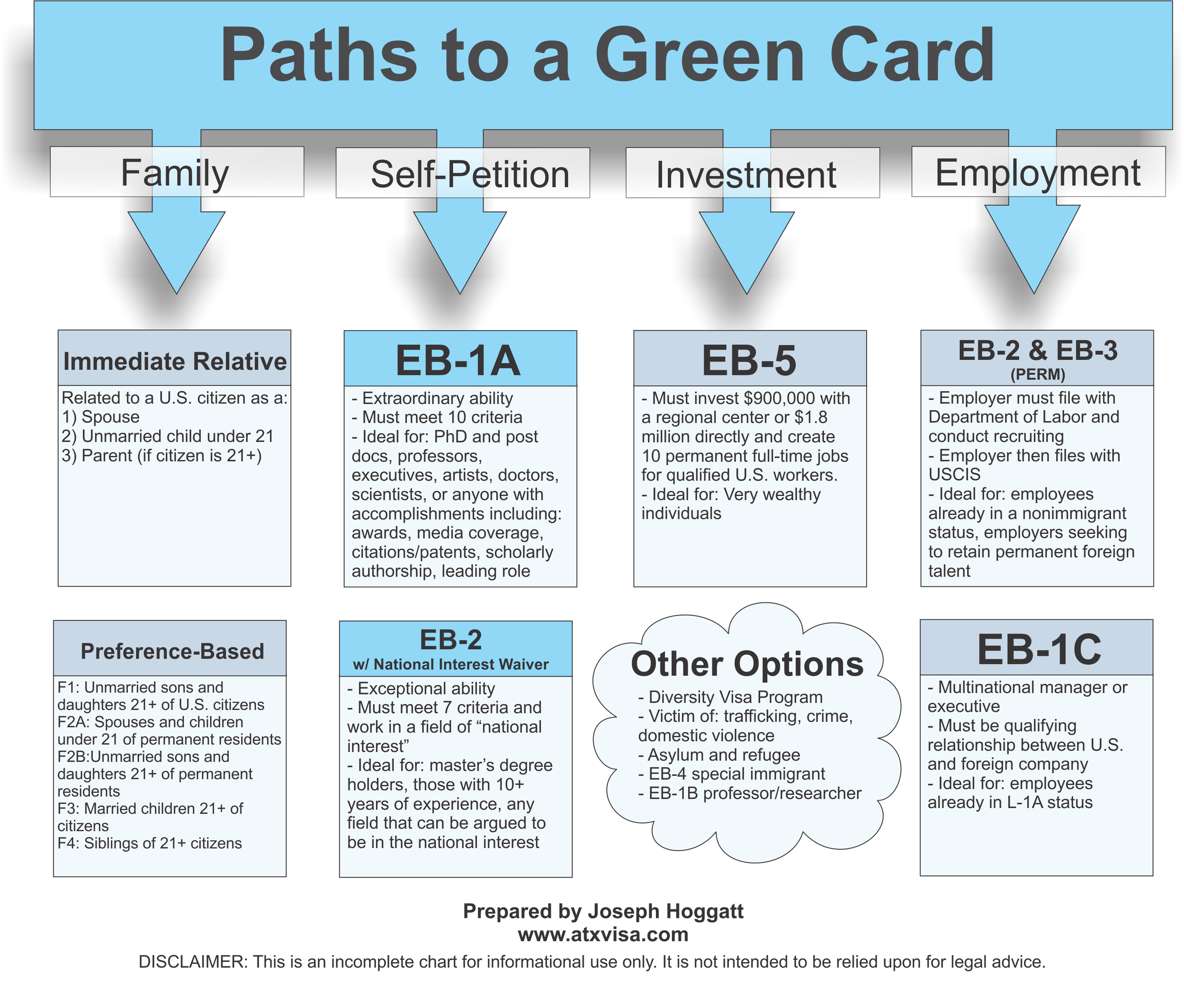
Among the five different employment-based (eb) categories, eb-1 visa, also known as the employment-based immigration (first preference), is one of the fastest ways for obtaining the permanent residency in the us. Eb-1 visa is for individuals who have outstanding academic or work achievements and the visa is divided into three subcategories:.

Do I Qualify for EB1?
Employment-based immigration is a wildly popular and widely-utilized area of immigration that many who don’t consider to be an option actually should. The first-preference eb-1 visa’s area of coverage is broad, and countless individuals qualify each year and enter the united states with eb1 status and live here happily. Our los angeles immigration lawyers specialize in the eb-1 visa classification and highly recommend the eb1 often to many of our clients who we feel may qualify.
 The eb1 covers three primary categories: extraordinary ability, outstanding professors and researchers, and multinational managers or executives. Each one of these categories has separate requirements and qualifications that an applicant must meet in order to be eligible for the eb-1.
The eb1 covers three primary categories: extraordinary ability, outstanding professors and researchers, and multinational managers or executives. Each one of these categories has separate requirements and qualifications that an applicant must meet in order to be eligible for the eb-1.
The eb-1c category was created specifically for multinational managers and executives who meet l-1a nonimmigrant standards and are interested in becoming lawful permanent residents. The principal distinction between the two categories is that the l-1 category is temporary and has a limit on the foreign nationals duration of stay in the u. S. , while the eb-1c immigrant visa provides the applicant with the ability to permanently live and work in the u. S. A. The petitioning employer must be a viable u. S. Company, and the foreign national applicant must have been employed by an affiliated entity abroad for at least one year.
An employment based first preference immigration petition (eb-1) is an immigration petition for those who are among the most able and accomplished in their respective fields within the arts, sciences, education, business, or sports. There are three (3) types of eb-1 petitions: alien of extraordinary ability (eb-1a visa) outstanding researcher/outstanding professor (eb-1b visa) managers and executive transferees (eb-1v visa) the most notable advantage for those who qualify for an eb-1 petition is the waiver of a labor certification requirement in the green card process. Another advantage is that visa numbers are almost always current for the eb-1 application category. This means that an alien will not have to wait for visa numbers to become available before applying adjustment of status (i-485) and receiving a green card.
The eb-1 is the best and most desirable among all the other employment-based visas. It offers the quickest path to u. S. Permanent residency, as it does not require the filing of a permanent labor certification, usually a time-consuming and expensive process. In addition, visa numbers are always current for the eb-1 application category, so you will not have to wait before applying for adjustment of status and receiving a green card. Furthermore, the applicant can file other immigration petitions under other appropriate categories (such as a national interest waiver) while an eb-1 petition is pending. Only three categories of people qualify for the eb-1 visa:.
Definitions and Evidence of “Extraordinary Ability“
Basic requirements for the eb1 extraordinary ability green card include: sustained national or international acclaim; demonstration of major contributions to field of expertise. Intent to continue working in the field of extraordinary ability in the us. And,
evidence of original contributions, usually through publication, of major significance in the foreign national’s fields of science, scholastic, artistic, or athletic: recommendation letters from independent experts highlighting the foreign national’s significant contribution to his/her field of endeavor may be presented. Patents which have significantly impacted the relevant field may also satisfy this criterion. Evidence that a foreign national’s work has been widely used, adopted, built on, or cited by independent peers is also looked upon favorably.